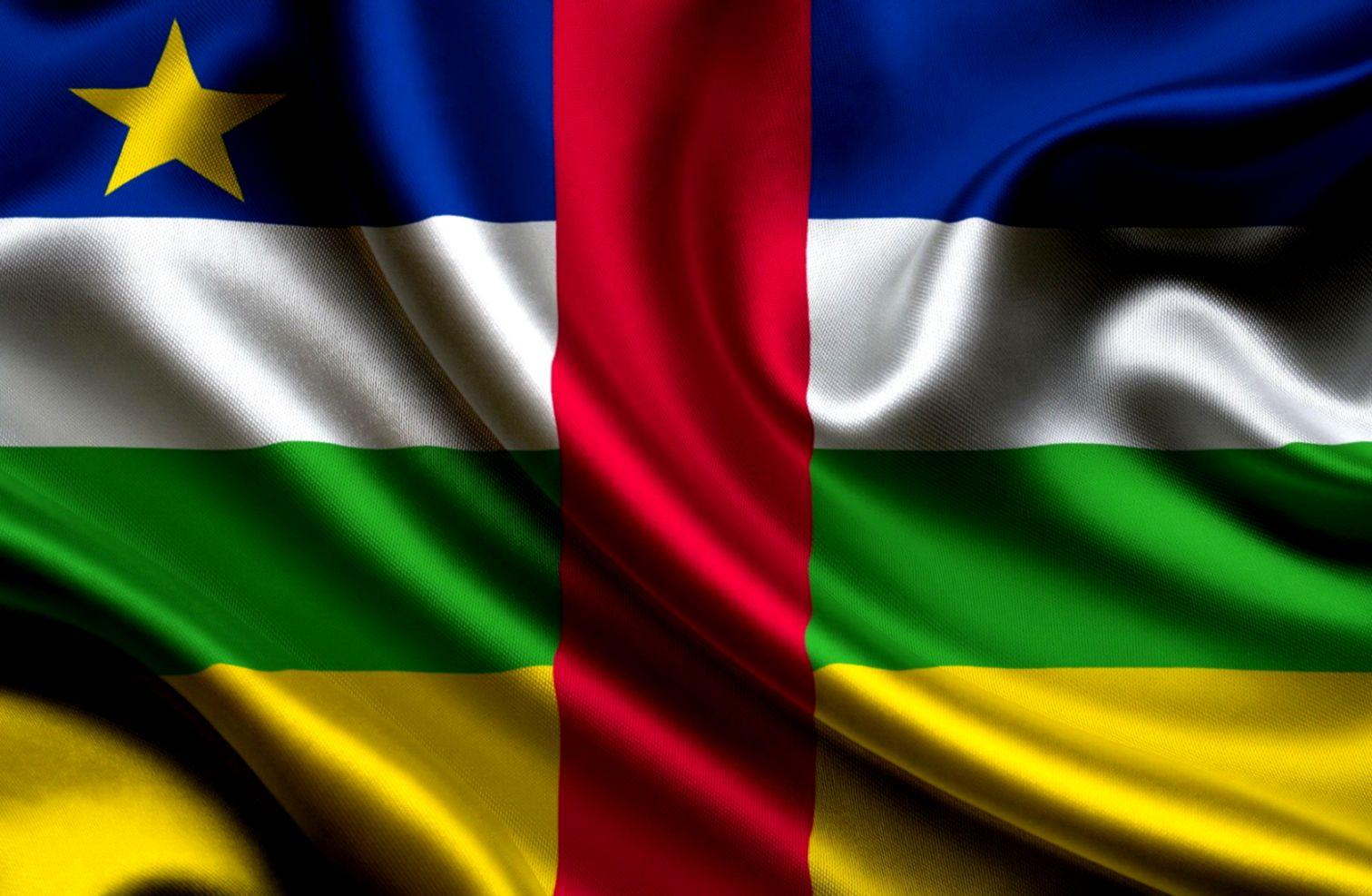
Central African Republic Ramps Up Its Crypto Game by Tokenizing Natural Resources
After following El Salvador’s footsteps by making Bitcoin legal tender, the Central African Republic (CAR) is now pushing the throttle with plans to tokenize its natural resources.
The landlocked Central African nation’s new-found ambition in its adoption of Bitcoin is certainly news worth pondering for investors and trade partners. Crypto and digital projects with a presence in the country will now enjoy tokenized access to mineral resources, said the presidency. The plan will run under the umbrella of the World Bank-back Project Sango.
After announcing Bitcoin as a recognized currency in April, the government presented Project Sango the following month. Natural resources of interest include cobalt, copper, diamond, gold, limestone, manganese, petroleum, and rhodium.
Despite such an impressive array of mineral deposits, CAR remains one of the world’s least developed countries. Tokenizing these abundant resources appears to be a way to leverage the investment opportunities that these “massive geological treasures” hold.
President Faustin Archange Touadera and his cabinet have at least drawn interest from around the world towards cryptocurrencies and the nation’s solid investment potential.
Why Countries Should Tokenize Natural Resources
The idea of linking natural resources and crypto projects is certainly novel. But, one wonders if it’s everything it claimed to be.
The cost of natural resources continues to rise year-on-year. Therefore, investing in commodity companies is a sure ticket to wealth. But for several reasons, not everyone can invest in such projects. That’s where tokenization comes in – to ensure a platform that lowers the bar for interested investors.
Models for Tokenizing Natural Resources
There are technical and legal hurdles involved in asset tokenization before CAR can transfer ownership of specific assets to the blockchain. The core characteristics of a blockchain, including decentralization and immutability are necessary to ensure safety. Since the tokens exist only as a digital asset, making it convenient.
There are two key models for tokenization including tokenization of the asset and putting natural resources on the blockchain. The former refers to tokenization of a commodity such as a barrel of oil or an ounce of copper. Fractional ownership of assets is also possible, meaning investors can own a piece of the commodity in the same way they can buy stocks in any publicly traded company.
If CAR tokenizes assets, the country will need to allocate assets to a special purpose vehicle (SPV). Investors will receive tokens as shares in the company, so as the commodity rises in price, they earn an income. Tokens can help to set up other contractual relationships with the issuing company considering the flexibility of the underlying technology.
The alternative is to make it possible for investors to have direct holdings in a tokenized business that works in natural resources. It could be any of the Central Africa Republic’s commodity companies. Such shares are usually pricey, but fractional investing through tokenization effectively lowers the barrier of entry for interested investors. This will bring a wave of new investment into an industry that could do with better cash inflows.
What Will CAR Businesses Gain By Tokenizing Natural Resources?
Asset tokenization will be highly beneficial for CAR’s commodity holdings. First, retail investors will provide crucial cash flow for natural resources businesses that previously received investment from institutional investors. More investors mean more money for more natural resources prospecting, extraction, sales, and processing projects.
These natural resource companies will also depend less on banks. These financial institutions find formal ways to cushion economic problems and risk, even if the borrowing customer bears the cost. Banks are often unwilling to give out money unless at exorbitant interest rates.
Asset tokenization empowers private investors, and with the attractive returns possible in the commodity mining and processing industry, this band of individuals will be eager to risk relatively small sums of money to generate significant returns. Sustained profitability will enable these companies to win over more aggressive investors willing to take a chance on risky deals.
Overall, the Central Africa Republic can expect a more vibrant macro economy with its natural resources tokenization experiment.







